Showing 1 to 41 of 41 results.
AlbaCore Capital Group is one of Europe’s leading alternative credit specialists, investing in private capital solutions, opportunistic and dislocated credit, CLOs, and structured products.
A diverse range of global, regional and sector-based equity, cash and fixed income, infrastructure, property and alternative credit investment strategies and funds.
Read regular news updates, research papers, investment strategy updates & thought pieces from some of First State Investments leading experts.
First Sentier Investors are the world-leading provider of specialist investment capabilities. Discover how we provide research-led active investment management.
People are are at the heart of our success as a leading global asset manager
Global asset management group focused on providing high quality, long-term investment capabilities to clients. We bring together independent teams of active, specialist investors who share a common commitment to responsible investment principles.
Following the economic and market malaise in February and March, high yield and risk assets generally experienced five straight months of strong performance, only to pull back in September.
First Sentier Investors, a leading global investment manager is pleased to announce the appointment of Adele Swan as the new Chief People and Culture Officer, effective 24 June. Ms Swan is based in Edinburgh, reporting to the CEO, Mark Steinberg.
First Sentier Investors, a leading global investment manager, is pleased to announce the appointment of Jamie Downing as the new Head of Distribution in EMEA, as the business continues to strengthen its global distribution team.
We crossed six US states meeting over 70 infrastructure management teams as well as customers and suppliers at three conferences. We visited three corporate head offices, several regulators and toured the country’s largest nuclear power plant.
First Sentier Investors is pleased to announce two key leadership appointments, effective 1 January 2025. Harry Moore is appointed to the newly created role of Chief Commercial Officer; and Lauren Prendiville is appointed as the new Global Head of Distribution and Marketing.
Credit portfolios with genuine Environmental Social and Governance (ESG) integration could be a canary in the coal mine for potentially difficult-to-quantify risks and opportunities, including those likely to stem from climate change and the energy transition. While governments globally move at different speeds to put in place net zero policies, ESG-focused credit investors are taking decisive, early action to reflect these factors in their portfolio allocations.
First Sentier Investors announced the appointment of Ashley Conn as Chief Financial and Strategy Officer.
Our overarching objective is to deliver real estate-based returns through the cycle while preserving client capital. We invest into high quality urban infill assets in high barrier to entry markets in the world’s most bustling cities through a highly diversified portfolio of listed REITs and property focused companies.
We invest into high quality urban infill assets in high barrier to entry markets in the world’s most bustling cities through a highly diversified portfolio of listed REITs and property focused companies.
Please find below our initial thoughts on President Biden's US infrastructure plan and its implications for the Global Listed Infrastructure (GLI) and American Listed Infrastructure (ALI) asset classes.
First Sentier Investors, a leading global investment manager, today announces that it is setting its first nature targets as a Taskforce on Nature-related Financial Disclosures (TNFD) Adopter, in the lead up to the inaugural Global Nature Positive Summit hosted in Sydney this week.
Responsible Listed Infrastructure interview - Square Mile and Rebecca Myatt
I recently returned from a two-week, coast-to-coast trip across the United States, talking to institutional clients, pension funds and investment consultants. The mood on the ground is one of caution. Rising inflation and interest rates are on everybody’s mind. A war in Europe and spiking oil prices are creating uncertainty. And the possibility of recession hovers at the edge of conversations. During such a period, it’s easy to wonder if there are any safe ports in the investment storm. In this environment, we believe that infrastructure has an important role to play in portfolios. Investments in assets such as toll roads, airports, railroads, utilities and renewables, energy midstream, wireless towers and data centres show their worth in such times. These types of investments have high barriers to entry, structural growth and strong pricing power, giving them the potential to withstand inflation and generate consistent earnings, regardless of the broader economic backdrop. With this in mind, below are three reasons we believe infrastructure investors may be well-placed to weather the geopolitical storms ahead.
Vaccine rollouts and government stimulus have led to expectations of higher economic growth, inflation and interest rates. This has put pressure on listed infrastructure returns with the asset class significantly underperforming global equities over the past 12 months. But with over 70% of the investible universe able to pass through the cost of inflation to consumers, are these fears overblown? Global Listed Infrastructure Portfolio Manager Trent Koch explains why inflation can be positive for many infrastructure assets and how market uncertainty has created a compelling investment case for the asset class.
The American Listed Infrastructure (ALI) asset class increased 24% in 2021. The following article provides a review of investment performance and events that impacted the asset class in 2021. It then provides an outlook into the key themes we expect will impact the asset class in 2022.
COVID-19 has sent shockwaves through capital markets, and property securities have been no exception. The crisis has plunged the global economy into recession and has given rise to the remote work and learning thematic, while seemingly fast-tracking the rise of e-commerce.
American Listed Infrastructure (ALI) has seen a significant increase in Merger and Acquisition (M&A) activity. Private market and foreign corporate buyers are paying premiums of 25% to listed markets, often for non-controlling stakes. This M&A illustrates the intrinsic value available to investors in the ALI asset class. We expect M&A will continue for a number of years. This will deleverage balance sheets, reduce equity needs and recycle capital from non-core to core activities, thereby raising the quality of the ALI asset class.
Global listed infrastructure underperformed in 2023 owing to rising interest rates and a shift away from defensive assets. Relative valuations are now at compelling levels. Infrastructure assets are expected to see earnings growth in 2024 and beyond, aided by structural growth drivers.
Our recent paper on Extreme Concentration focussed on the US (and so Developed Markets). This was the natural as the central issue of concentration was among the top 10 stocks in the US, among them, the “Magnificent 7”.
In parts of the world where COVID-19 is more under control, activity is returning to normal, particularly in toll roads and freight rail. Work-from-home is happening but with limited impact on road traffic. Airport passenger numbers are climbing especially as vaccines are delivered.
The energy crisis in Europe has boosted global demand for LNG. Global listed infrastructure companies pioneered the US LNG industry, investing US$50 billion since 2010. The energy crisis is providing an opportunity for LNG to secure its role as a transition fuel. With reliability and security of supply increasingly front of mind, US LNG exporters stand to gain market share, underpinning a further US$50 billion of investment over the next decade. An increased need for natural gas infrastructure will also benefit the broader North American midstream sector.
2024 was a good year for global listed infrastructure. Strong earnings for energy midstream and a step-change in the earnings growth outlook for utilities helped the asset class to shrug off rising bond yields and political uncertainty.
Concentration in equity markets has reached unprecedented levels. While this has driven remarkable returns for a narrow slice of the market, it raises critical questions about diversification, valuation, and risk for equity investors.
Corporate culture is a powerful dynamic in a company. It is the set of beliefs and attitudes about the way things are done, and so is a key component of many corporate functions.
We recently spent a couple of weeks in the US and Canada, meeting with management teams from the railroads, utilities and energy midstream sectors, as well as with regulators. Below are some of our findings. We hope you find them interesting.
Liquid real asset strategies seek to provide investors with high income, low volatility, reduced correlations and improved diversification. American Listed Infrastructure (ALI) is a new, regionally focused liquid real asset strategy. The following research paper examines ALI’s attributes relative to existing United States-focused liquid real assets: MLPs, REITs and utility funds.
2024 was a year marked by global inflation and economic growth concerns against a backdrop of worldwide elections. As we head into 2025, volatility will remain an enduring constant.
FSSA Investment Managers, Indian equities, Road to Recovery
In almost every meeting that we have with management teams, we will ask about incentivisation. In our view, it is an important question and the answer can be highly revealing about an organisation’s culture and behaviour.
Recently I attended the largest US utility conference, the 2024 Edison Electric Institute (EEI) Financial Conference, in Hollywood, Florida. I met with management teams from 26 regulated electric and gas utility companies.
In the first three months of this year, 17 new companies have listed on the mainboard exchanges in India, more than in all of 2019 or 2020*. High levels of retail investor participation and continuing inflows for domestic mutual funds have meant that these new issuances have been lapped up by eager investors. It is not unusual for an IPO to be subscribed 100 times of its offer size or deliver substantial gains on the listing day itself. Blogs track the fluctuating “grey market premium” weeks in advance, indicating likely listing gains. For many investors, receiving an allocation for the next hot deal often takes precedence over analysis of the business itself.
Over the last decade the electricity sector has been at the forefront of decarbonisation, ahead of transport, industry and agriculture.
Achieving net-neutral carbon development within the listed real estate sector requires comprehensive measurement of embodied carbon emissions, the implementation of embodied carbon reduction targets within development programmes and carbon offsets.
In our last client update, written through the depths of Covid-despair, we observed that real life and the world of markets are seldom so intimately entwined. With markets swinging violently to the downside on a riptide of fear, it was clear even then that activity was being driven by short-term anxiety rather than a real evaluation of Asia’s longer-term value-accretion prospects.
Concentration in equity markets has reached unprecedented levels, particularly in the United States. A select few mega-cap stocks, colloquially referred to as the "Magnificent 7," now dominate market indices, reflecting a convergence of technological innovation, speculative enthusiasm, and the allure of generative AI.
Get the right experience for you
Your location :  United States
United States
Australia & NZ
-
 Australia
Australia -
 New Zealand
New Zealand
Asia
-
 Hong Kong (English)
Hong Kong (English) -
 Hong Kong (Chinese)
Hong Kong (Chinese) -
 Singapore
Singapore -
 Japan
Japan

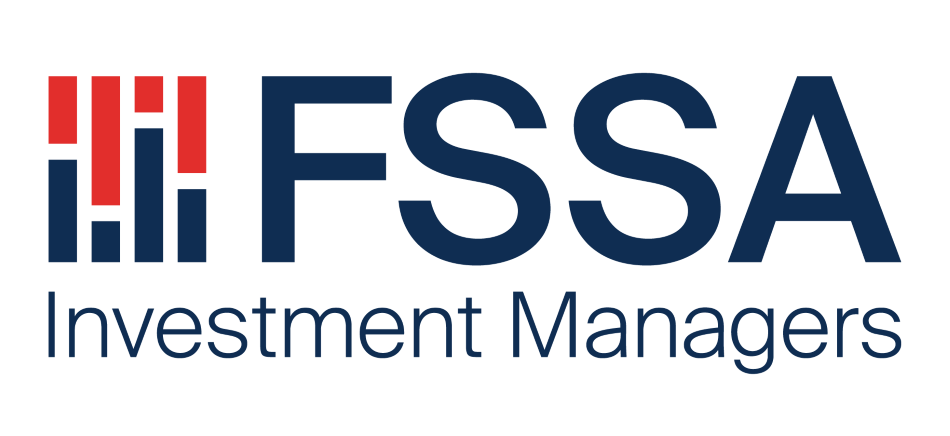
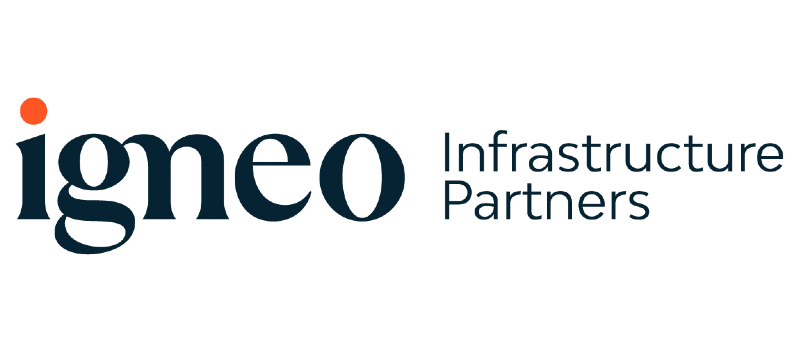
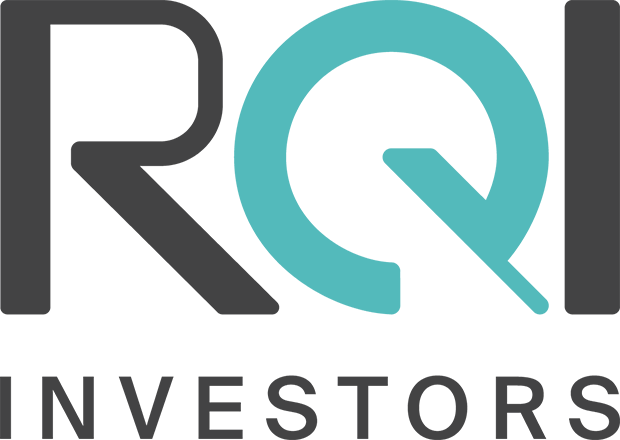


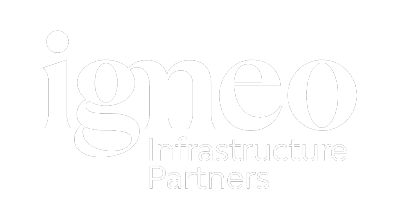



















 United Kingdom
United Kingdom